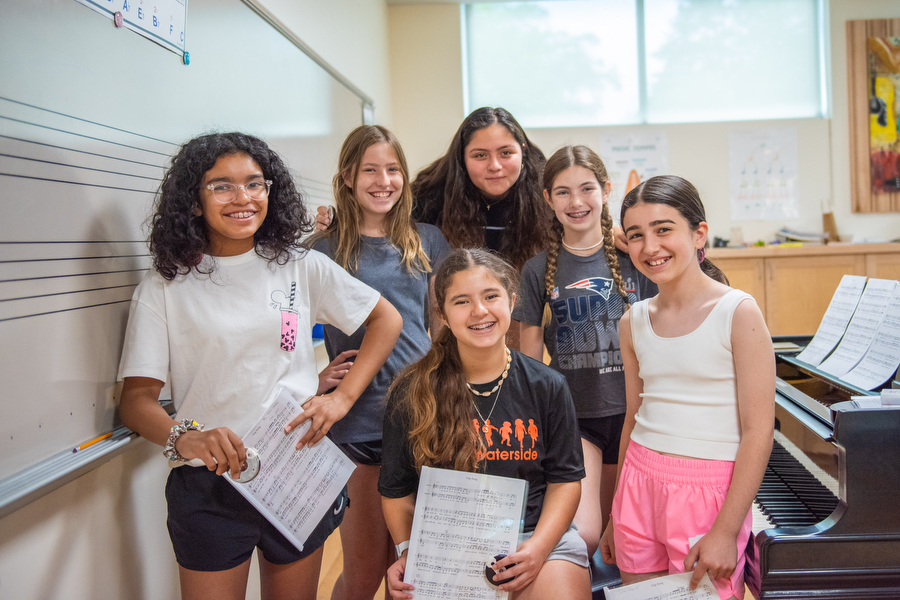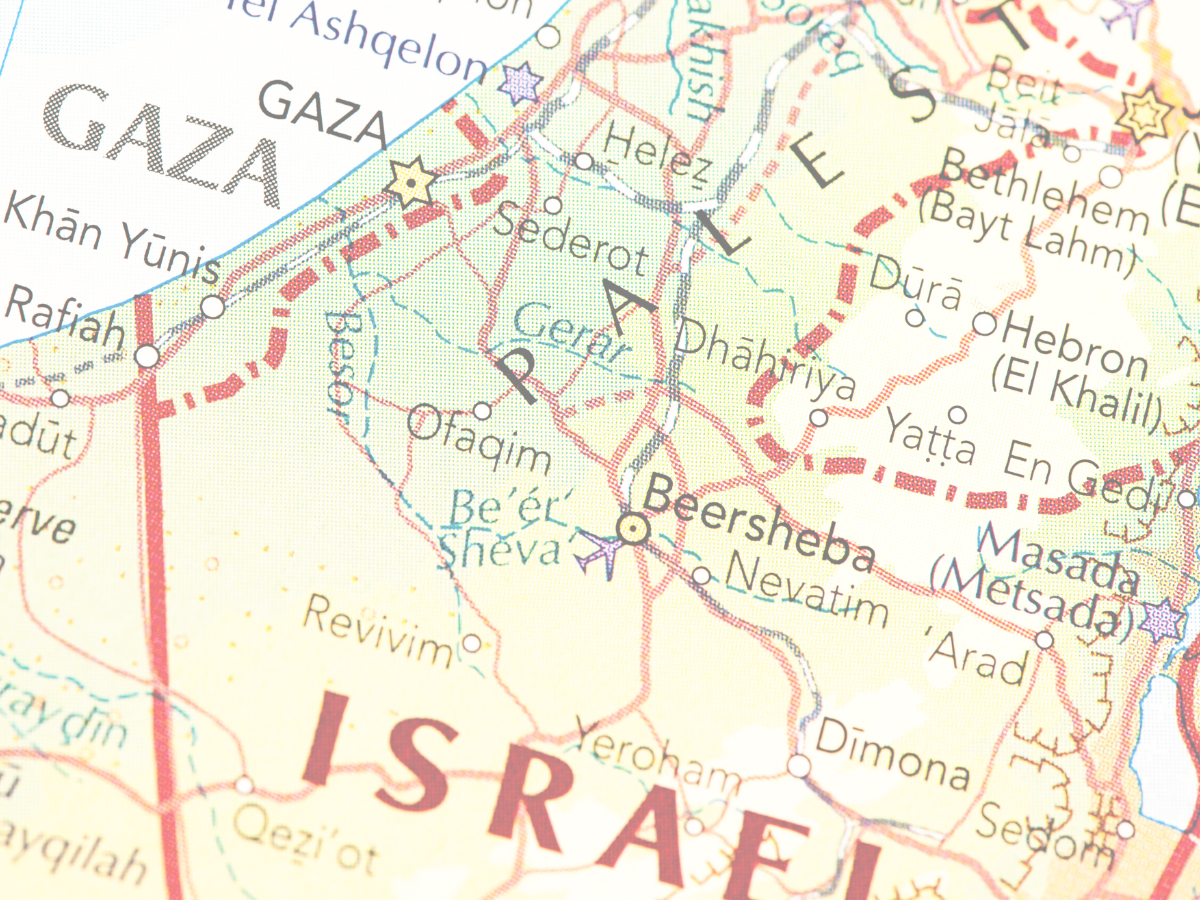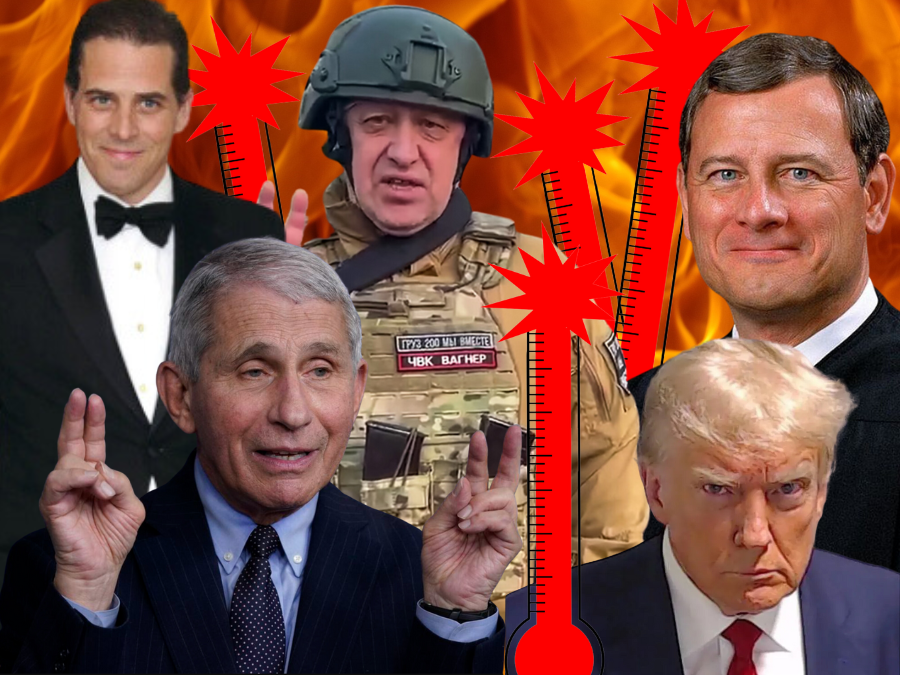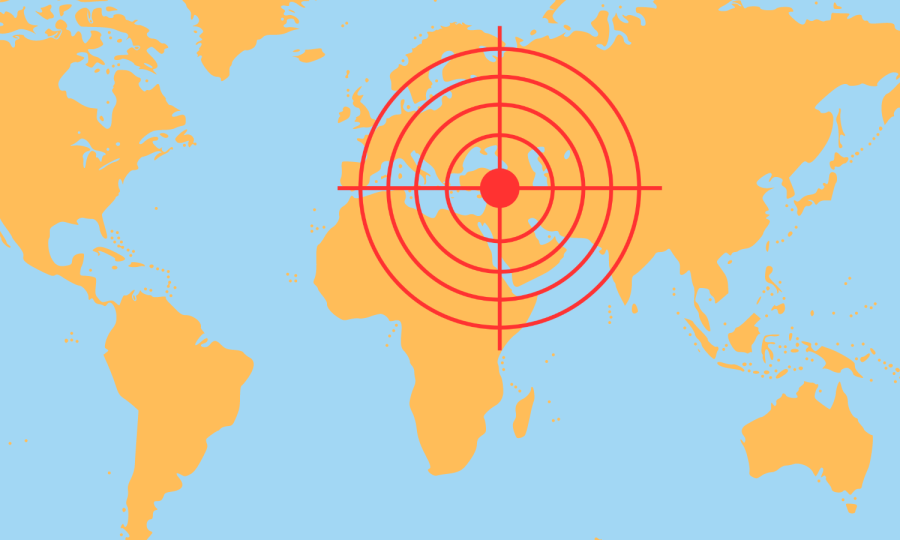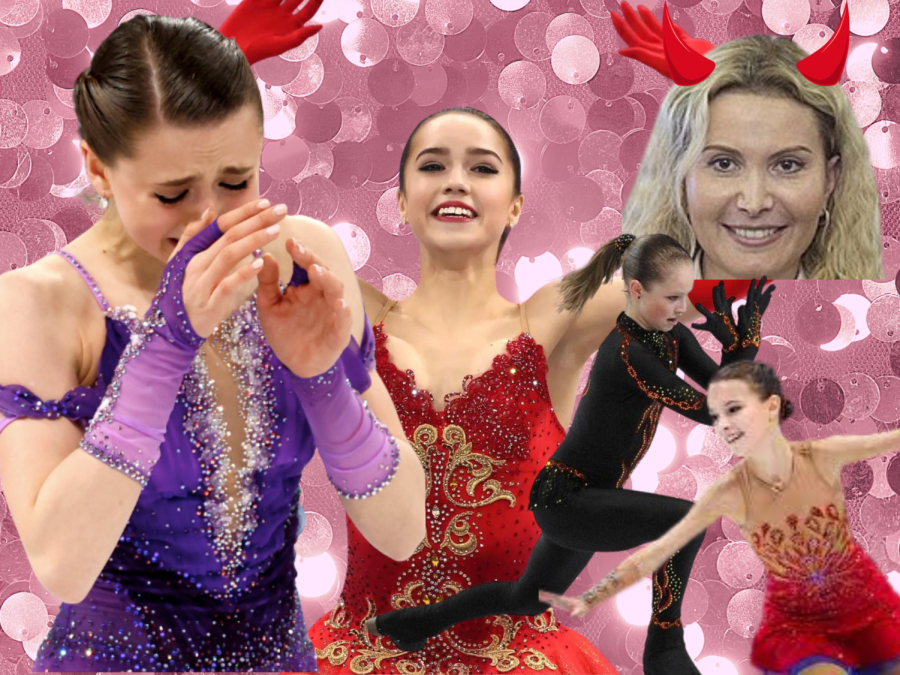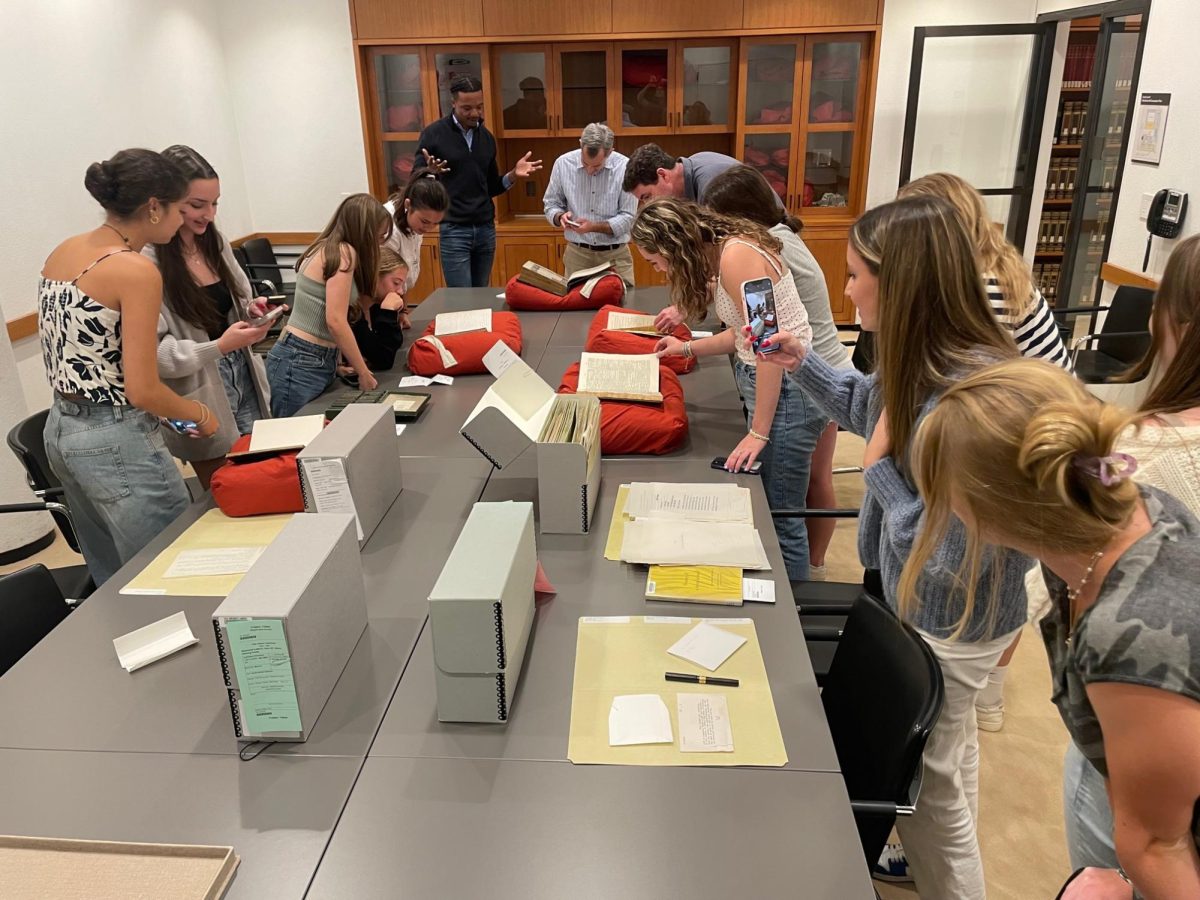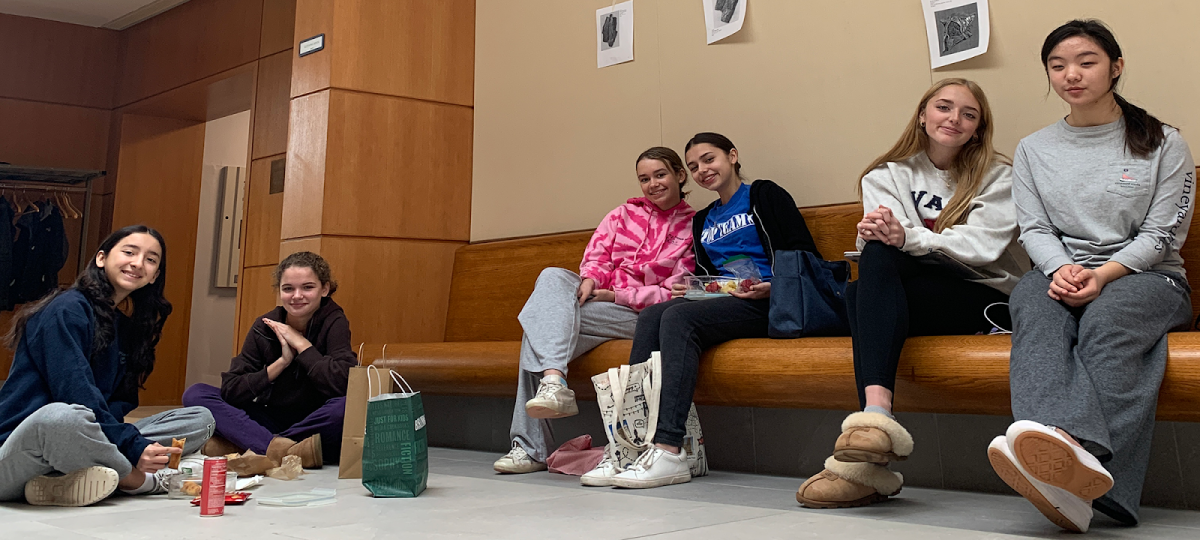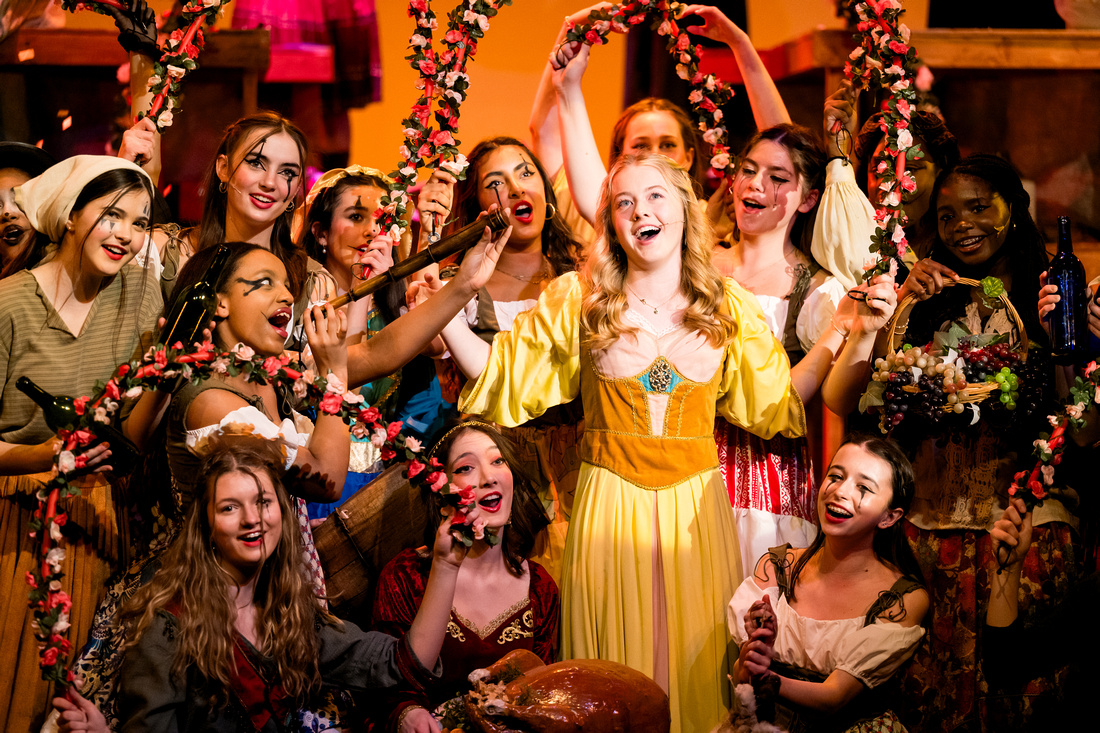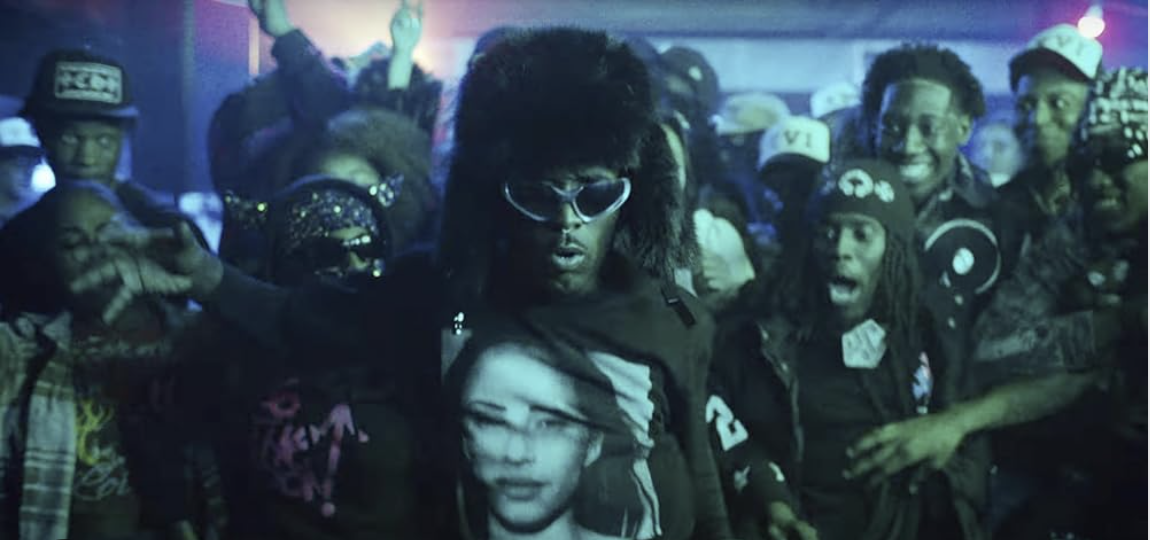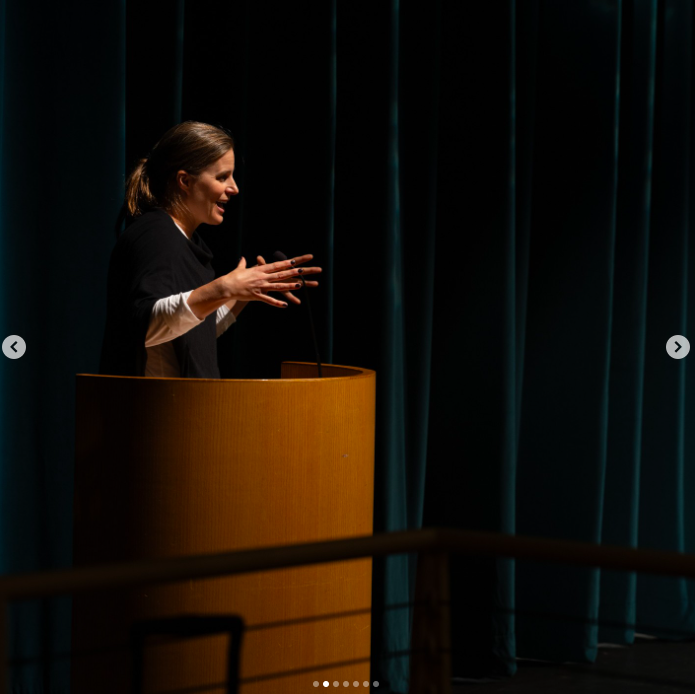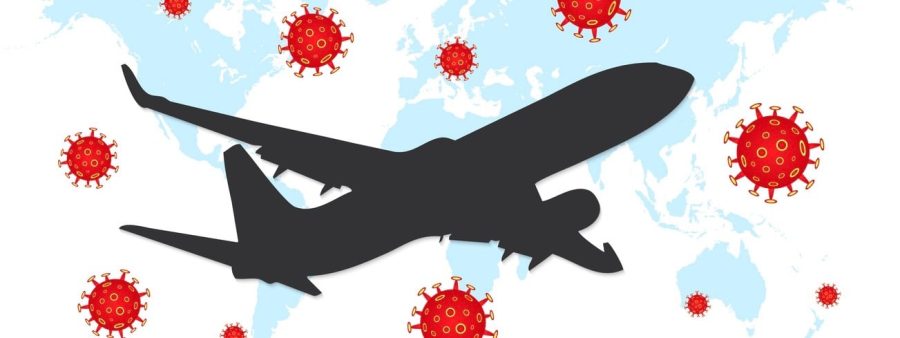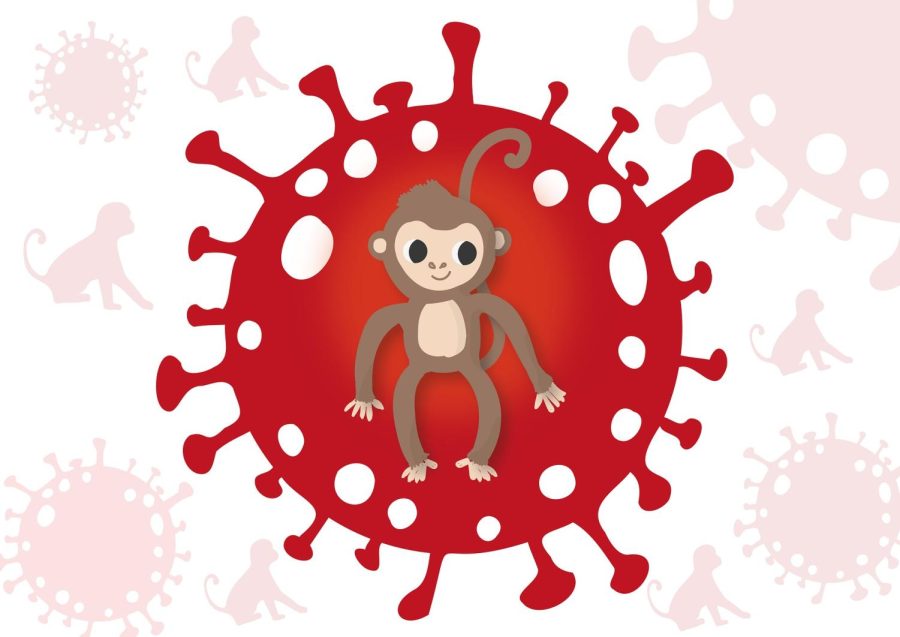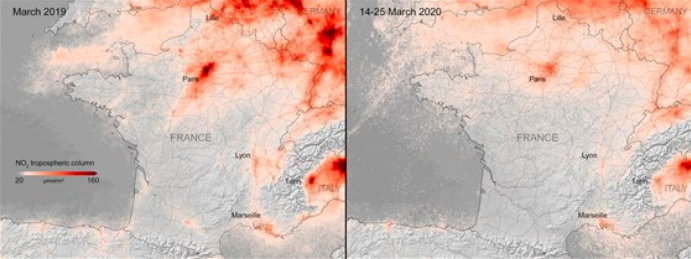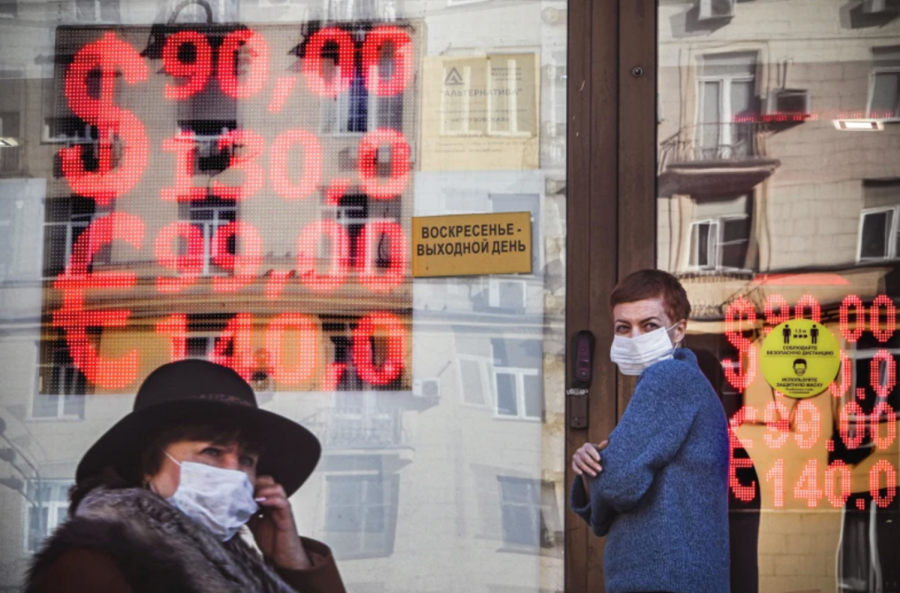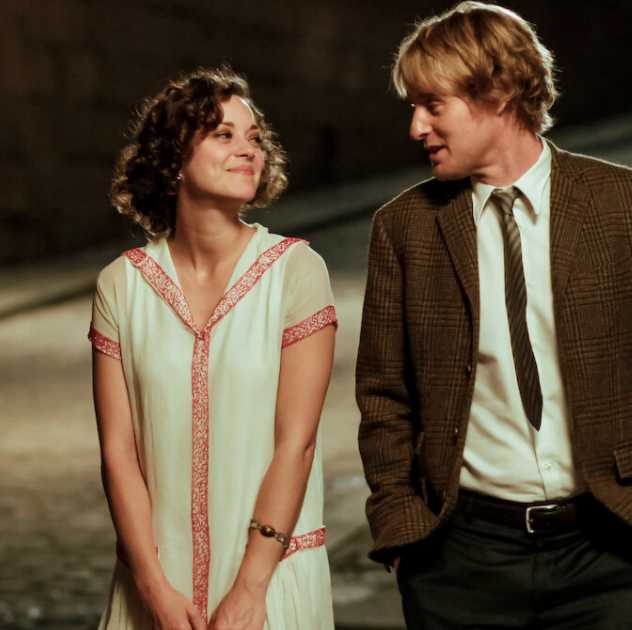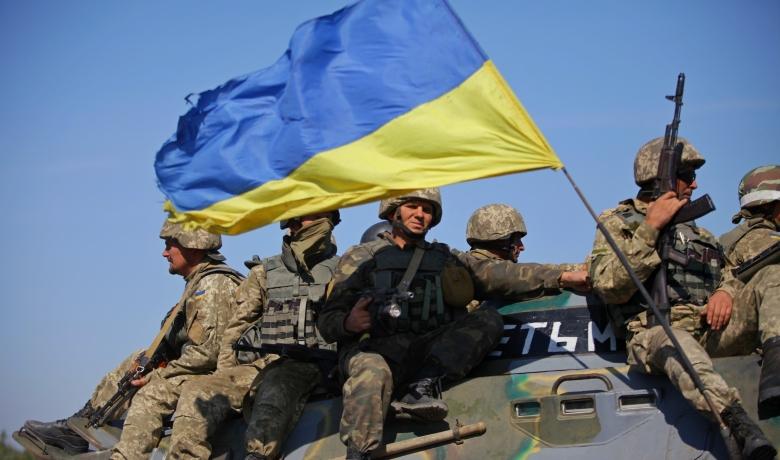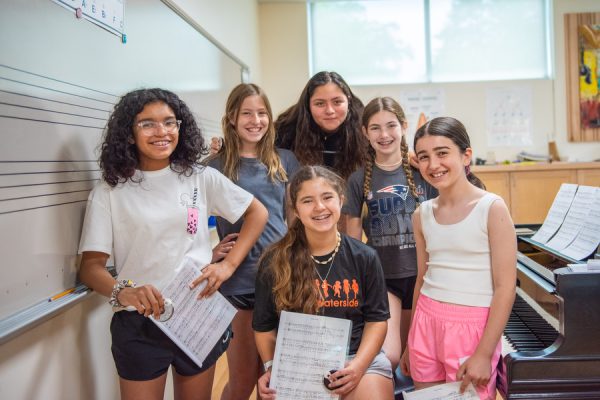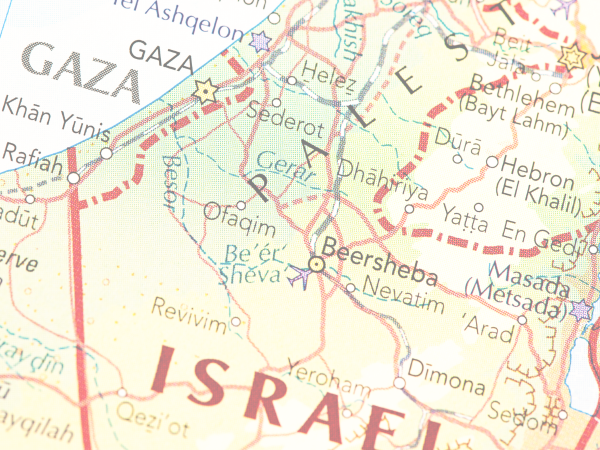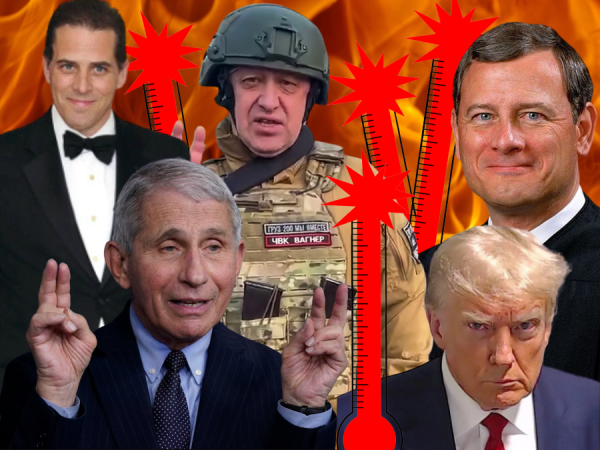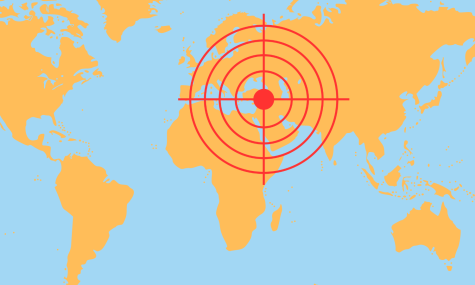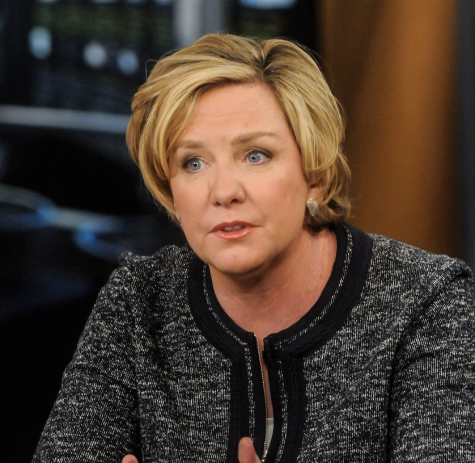Resolution and Resilience: Breaking Down the War in Ukraine
A clear analysis of a not-so-simple conflict.
Russian dictator Vladimir Putin invaded Ukraine on February 24, 2022. Since the beginning of the attack, more than four million Ukrainians have fled the country, creating the largest refugee crisis in Europe since World War II.
Contrary to what some may believe, Putin’s 2022 attack did not start the Russo-Ukrainian War, which actually began in 2014. Russia annexed Crimea, a peninsula in Eastern Europe. Violence since 2014 has been sporadic, but the February invasion was a major escalation of the war.
In 2021, Russian troops began building up along the border between the two countries and denied accusations that Putin was preparing to invade. The government continued to deny the allegations as late as February 23, 2022.
On March 11, international current events expert Hagar Chemali visited Greenwich Academy to speak to sophomore Global Scholars on the crisis in Ukraine. She provided background on the conflict and provided sources of motivation and support for Putin.
Ms. Chemali explained that the roots of the conflict lay in the post-Soviet dissolution tensions of the 1990s. As Ukraine made greater efforts to become “Westernized” (considering joining NATO, for example), Putin felt increasingly threatened. Ms. Chemali speculated that Russia’s ultimate goal is not to annex Ukraine, but to install a pro-Russian president in Ukraine to influence policy making.
Though much of the world has sanctioned Russia and are making efforts to freeze Russian oligarchs’ assets, Putin finds support in Belarus and other countries whose economies depend on Russia. A key player is Chinese President Xi Jinping. Many, including Ms. Chemali, believes that President Xi is observing Russia’s efforts in Ukraine and the worlds’ reaction to plan a similar invasion of Taiwan.
Since the attack began, Ukrainian civilian lives have been lost. Russia has faced countless accusations of committing war crimes, including shelling civilian areas, especially hospitals. An early March attack on a maternity hospital in Mariupol left pregnant mothers and infants dead and wounded.
Despite their efforts, Russian soldiers have been met with fierce resistance. Ukrainian forces have retaken areas around the capital, Kyiv, as Russian troops retreat and look east. Men from the ages of 18 to 60 have been barred from fleeing in order to defend their country. Ukrainian President Volodymyr Zelenskyy has turned down offers from the US to be flown out of his war-torn country. He remains in Kyiv to this day and has said, “I need ammunition, not a ride.”
We send all of our love, support, and prayers to the people of Ukraine.

When not writing or editing for GAP, Joyce can be found reading, sleeping, and spending time with her friends. She enjoys the humanities and has an uncountable...


